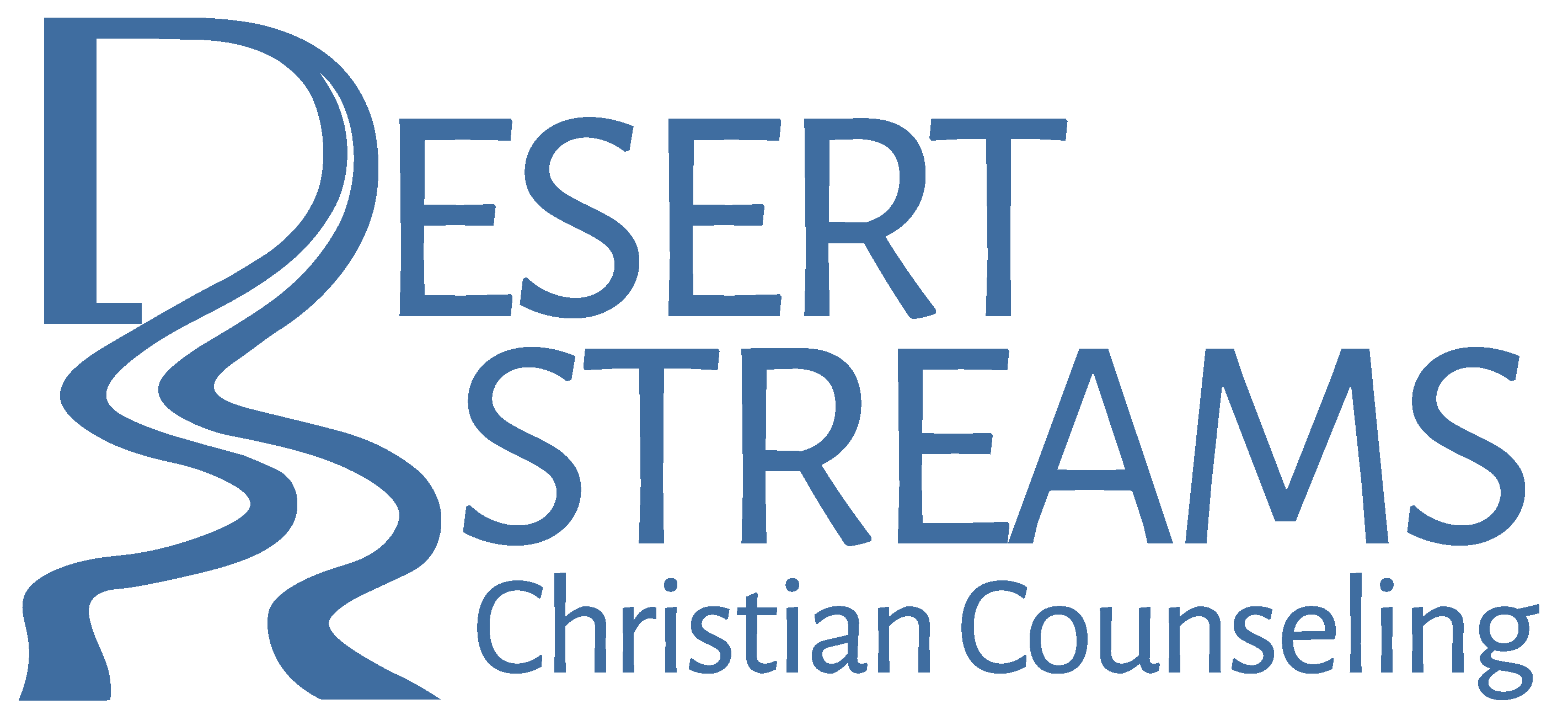Burnout is a state of chronic physical and emotional exhaustion, often accompanied by feelings of cynicism and detachment, as well as a sense of ineffectiveness and lack of accomplishment. With the increasing demands of modern life, burnout has become a prevalent issue affecting many individuals. This guide aims to help you recognize the signs of burnout and provide strategies for addressing it effectively.
Understanding Burnout
Burnout is more than just feeling tired after a long day. It is a state of prolonged stress that leads to emotional, physical, and mental exhaustion. It can affect anyone, but it is particularly common among those in high-stress professions such as healthcare, education, and customer service.
Common Signs of Burnout
Recognizing the signs of burnout is the first step in addressing it. Here are some common symptoms:
- Physical Exhaustion: Persistent fatigue, even after rest, is a key indicator. You may also experience headaches, muscle pain, and gastrointestinal issues.
- Emotional Exhaustion: Feeling drained, overwhelmed, and emotionally depleted can indicate burnout. You might also feel detached or cynical about your work and personal life.
- Cognitive Impairment: Difficulty concentrating, forgetfulness, and decreased productivity are common cognitive symptoms of burnout.
- Behavioral Changes: Withdrawal from responsibilities, procrastination, and increased use of substances like alcohol, cannabis or caffeine to cope are behavioral signs.
The Link Between Burnout, Depression, and Anxiety
Burnout can often be confused with depression and anxiety, as they share similar symptoms. However, burnout is specifically related to work or specific stressors, while depression and anxiety can occur without an identifiable cause. Understanding the differences and overlaps is crucial for effective treatment.
Impact on Mental Health
Burnout significantly impacts mental health, leading to increased levels of depression and anxiety. Individuals experiencing burnout often feel a sense of hopelessness and helplessness, exacerbating these mental health issues. Counseling and psychology offer valuable tools for addressing burnout and its associated mental health challenges.
Addressing Burnout
Addressing burnout requires a multifaceted approach, combining self-care, professional help, and workplace interventions.
Self-Care Strategies
- Prioritize Rest and Relaxation: Ensure you get adequate sleep and take regular breaks throughout the day. Engaging in activities that promote relaxation, such as meditation, or deep-breathing exercises, can help reduce stress levels.
- Physical Activity: Regular exercise can help combat the physical and emotional symptoms of burnout. Aim for at least 30 minutes of moderate exercise most days of the week.
- Healthy Diet: A balanced diet rich in fruits, vegetables, and proteins can provide the energy and nutrients needed to combat burnout.
- Set Boundaries: Learn to say “no” and set limits on your workload to prevent overcommitment. Protect your personal time and avoid taking work home.
- Seek Support: Reach out to friends, family, or support groups to share your feelings and experiences. Social support is crucial for managing stress.
Professional Help
- Counseling: Speaking with a counselor or therapist can provide a safe space to explore your feelings and develop coping strategies. They can help you identify the root causes of your burnout and work with you to address them.
- Psychology Interventions: Psychological interventions can help reframe negative thought patterns and develop healthier coping mechanisms.
- Medication: In some cases, medication may be prescribed to manage symptoms of depression or anxiety associated with burnout. Consult with a healthcare professional to explore this option.
Preventing Burnout
Prevention is key to managing burnout effectively. Here are some proactive steps you can take to prevent burnout:
- Regular Self-Assessment: Periodically assess your stress levels and emotional well-being. Recognizing early signs of burnout can help you address it before it becomes severe.
- Work-Life Balance: Strive for a balance between work and personal life. Make time for hobbies, social activities, and relaxation.
- Professional Development: Engage in continuous learning and professional growth to keep your job challenging and fulfilling.
- Effective Time Management: Prioritize tasks and set realistic goals. Break tasks into manageable steps and avoid multitasking.
- Seek Feedback: Regularly seek feedback from colleagues, family and friends about ways to reduce stress.
Conclusion
Burnout is a serious issue that requires attention and action. Recognizing the signs of burnout and understanding its impact on mental health is crucial for addressing it effectively. By incorporating self-care strategies, seeking professional help, and implementing personal/workplace interventions, you can manage and prevent burnout, leading to a healthier and more fulfilling life.
Remember, if you are struggling with burnout, depression, or anxiety, counseling and psychology offer valuable resources to help you navigate these challenges. Don’t hesitate to reach out for support and take the necessary steps to prioritize your well-being.







